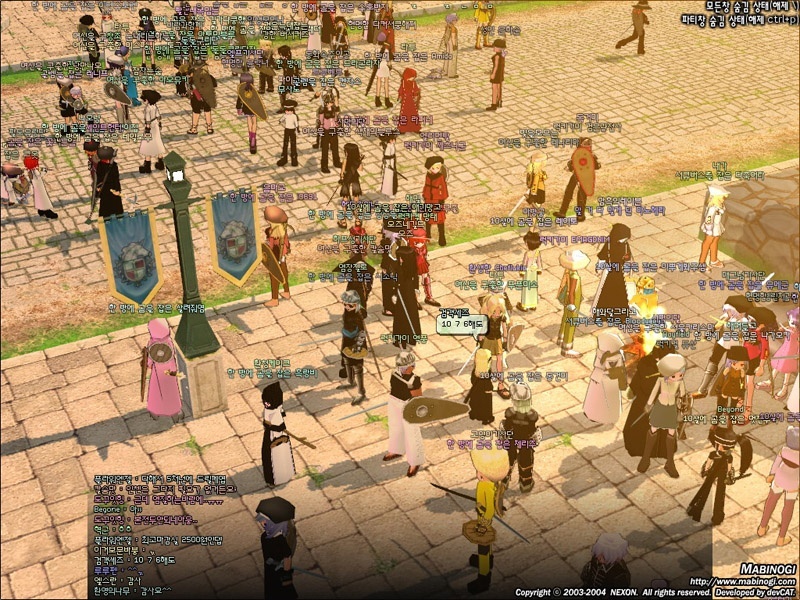

Here, in this little-known corner of the European Middle Ages, we find the thought-worlds of oral antiquity and literate proto-modernity face-to-face in curious proximity. The two and half centuries during which the Mabinogion texts were being composed represent a threshold of critical transition in Welsh history and literature. We might read the Mabinogion as both an interpretation of a mythological past and a commentary on the medieval present. But these traditions were reworked, often to reflect contemporary concerns. They were not original compositions, drawing as they did on pre-existing traditional material, whether from oral or written sources. The Mabinogion texts are concerned with the heroic age or mythological past of the British Isles. The Dream of Macsen Wledig (c.1200-1250).The Four Branches of the Mabinogi (c.1190).In chronological order, the texts are as follows: Within these, two subgroupings - 'the Four Branches of the Mabinogi' and the 'Three Romances' - are traditionally recognised. This distinctive and evolving literary culture forms the context of the Mabinogion, and the focus of our interest in this introductory study.Įleven separate tales are normally included within the Mabinogion corpus. They represent a golden age of narrative prose that flourished in Wales over the course of the central middle ages. While the Mabinogion collection itself might thus be regarded as a nineteenth century editorial creation, its constituent texts are authentic medieval productions, deriving from originals composed between the eleventh and the fourteenth centuries.


Guest and Pughe applied the term 'Mabinogion' (based on a spurious plural of mabinogi) to their translated compilation. Compiled from texts found in two late-medieval manuscripts – the Red Book of Hergest and the White Book of Rhydderch – this collection was initially edited and translated by antiquarians William Pughe and Lady Charlotte Guest in the early nineteenth century. Those interested in Celtic mythology, historians of the Welsh nation and students of the Arthurian tradition will all, at one time or another, have found themselves directed to a collection of Middle Welsh prose known by the curious name of the Mabinogion (pronounced Mabin-OGion).


 0 kommentar(er)
0 kommentar(er)
